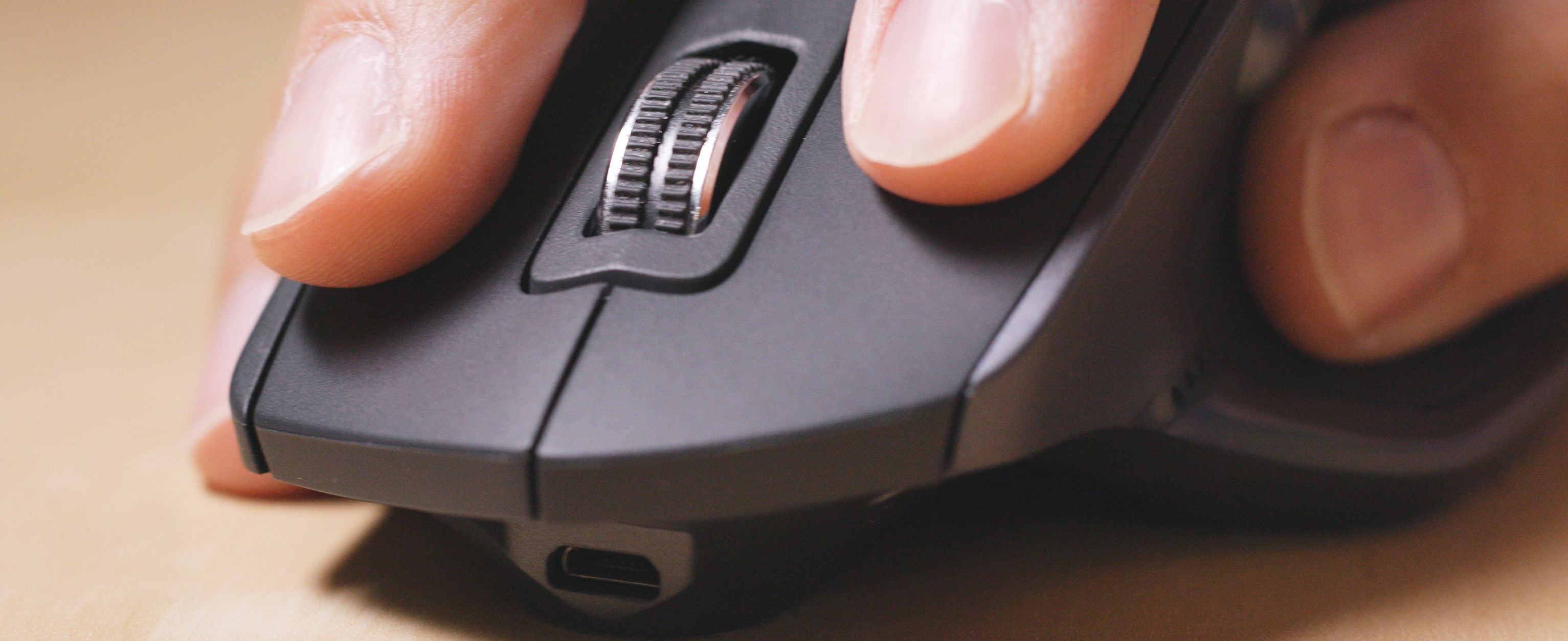The Impact of Coming Out as a Neurodivergent Leader
Doug Rabold takes stock of his past year in the IT service and support industry after talking openly about being neurodivergent.
It’s been just over a year since I came out to the world as being neurodivergent after more than twenty years of hiding that fact from all but a select few members of my family and friends. The reason for my reluctance for all those years was my concern that such a disclosure could be career-limiting. The primary reason I finally overcame my trepidation was so that I might serve as a role model for others.
After a year, I thought it was time to update what’s happened since that time. By one token, I could easily respond, “Not much really.” By another, I could say, “It’s been amazing!”
In the “not much” camp
NO ONE HAS TREATED ME DIFFERENTLY.
There remains a stigma around autism amongst the neurotypical community. I feared for a long time that if I revealed myself, others might begin to associate me only with my ASD. They might look at my behaviors and question if the way I act is an element of my condition rather than simply being part of my personality. As far as I know, that hasn’t been the case at all.
NO ONE HAS QUESTIONED MY ABILITY TO LEAD.
Closely related to my concern about being treated differently was a concern that others may question my ability to be an effective leader. I worried that some may begin to question my decision-making or if my empathy were genuine. Not once in the intervening months has anyone questioned my capability to lead others. In fact, some have said that I am now an even more effective leader because I have allowed myself to be simultaneously authentic and vulnerable.
From the “been amazing” perspective:
PEOPLE ARE COMING FORWARD TO SHARE THEIR PERSONAL STORIES.
Since my coming-out articles were posted, I have had dozens of people approach me to share their experiences with neurodivergence. I have had executives from my clients share stories of their ND children. I have had other executive leaders who have admitted in confidence to long suspecting they themselves may be neurodivergent and asked how they could get tested.
MY FIRST PRESENTATION ON NEURODIVERSITY HAD AN ENTIRELY UNEXPECTED RESPONSE.
At a recent ITSM conference, I gave my first ever presentation about neurodiversity in the workplace. Looking at that list of speakers and topics at the same time as my session, I was already growing increasingly concerned that my presentation would only have a handful of attendees.
You can imagine my surprise, however, when the room filled to and beyond capacity with some people standing in the back of the room to hear the message on neurodiversity. The audience – over 120 strong – was engaged throughout, asking questions, and adding comments that furthered the dialog. Several audience members stayed afterwards to tell me of their personal or family experience with neurodivergence. Over the next few days, additional members of the audience I bumped into shared even more personal experiences. The message obviously resonated more than I’d ever dared to hope.
MY CONFESSION HAS ALLOWED ME TO TRANSITION FROM ALLY TO ADVOCATE.
All these further confessions show that the last year has been liberating. Before my coming-out, I had always volunteered for Diversity, Equity, and Inclusion (DEI) Employee Resource Groups where I worked. I was an ally of the neurodivergent, but I wasn’t being authentic. Once I made my ASD public, I was able to become a true advocate for the ND community. Now my voice carries a different weight than does that of an ally.
The reason for my revelation was to lead by example for the neurodivergent community. The last year has been an opportunity to do just that. I look forward to continuing to help blaze a trail for others to follow.

)
)
)
)
)
)
)
